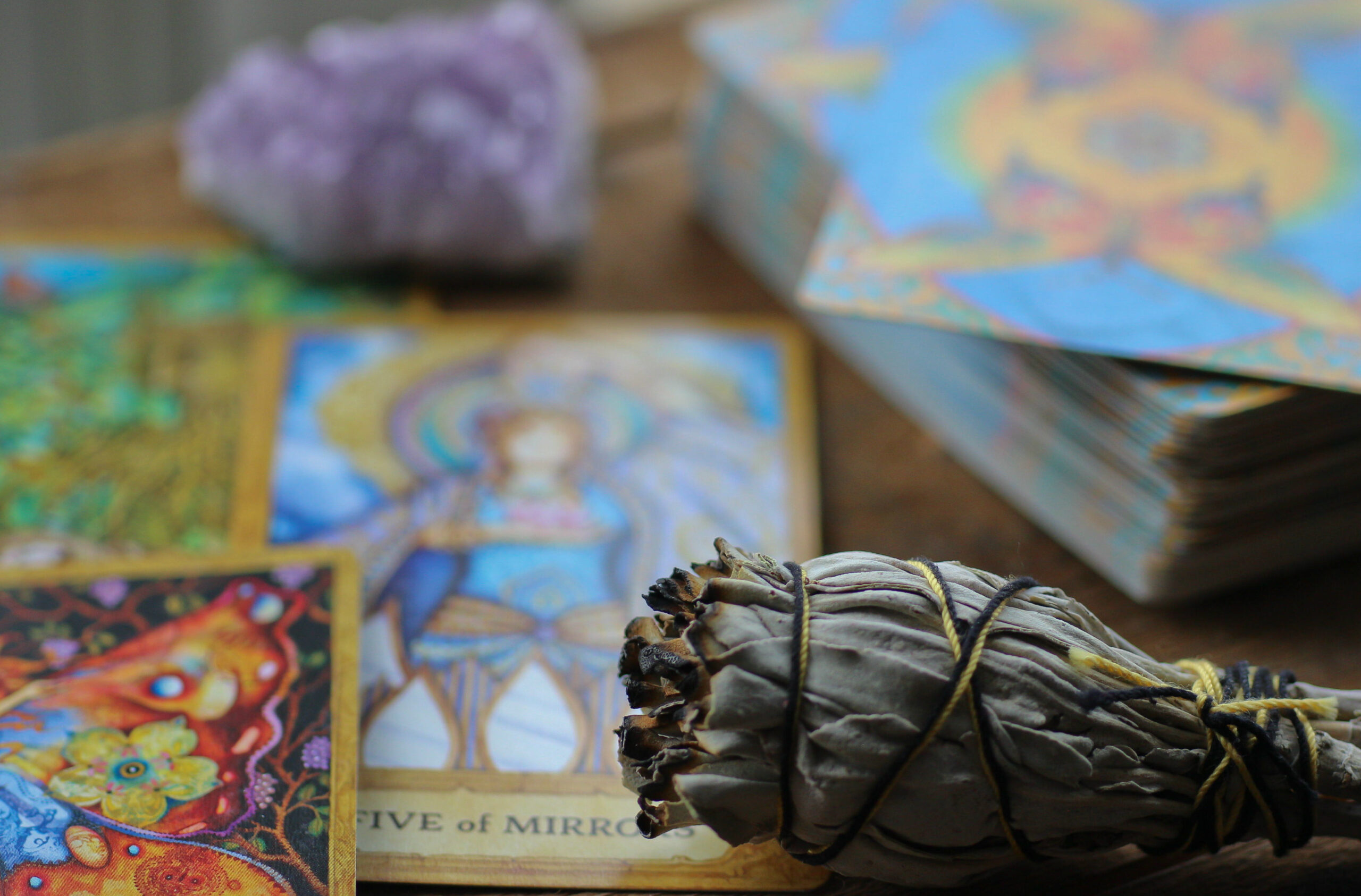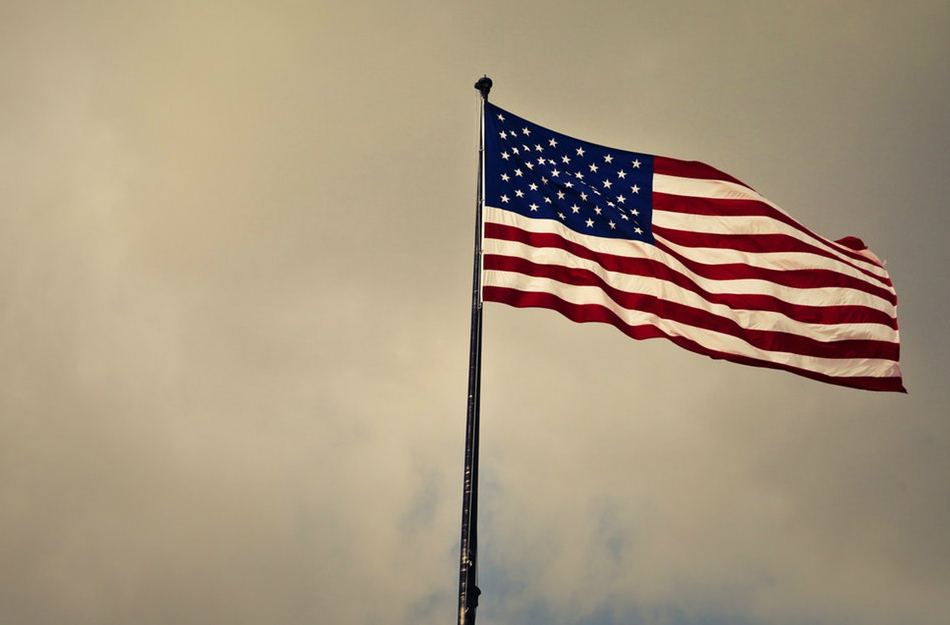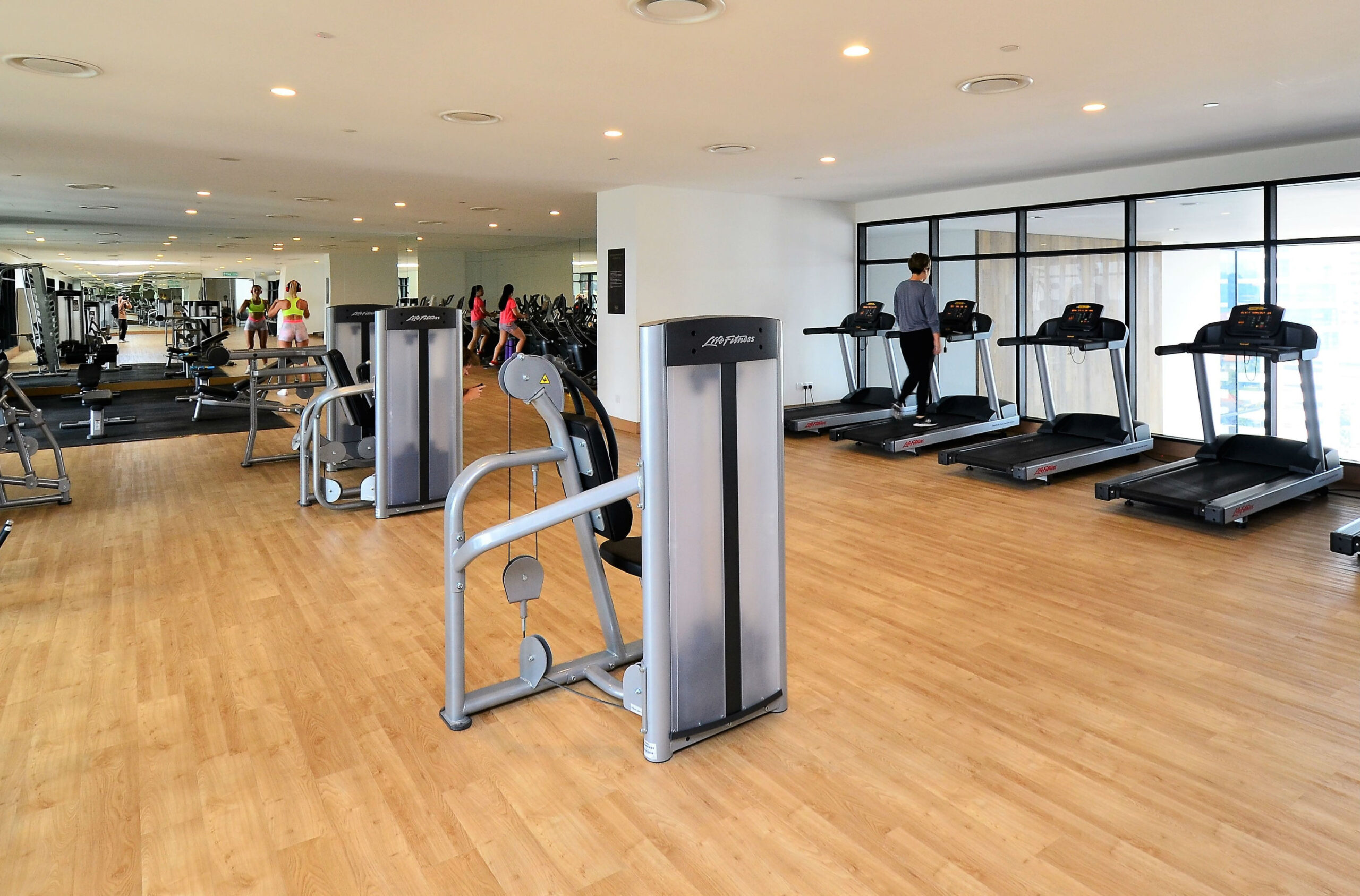Wellness is remaking the evolving retail sector, and a new GWI Initiative will explore the new opportunities, from researching consumer drivers for purchasing wellness-related products and services to identifying the value of creating wellness experiences in both digital and physical retail spaces. The Initiative Chair is Whitney Austin Gray, PhD, SVP of Delos, who has deep experience in the intersection of health and built environment. The Vice-Chair…





























































